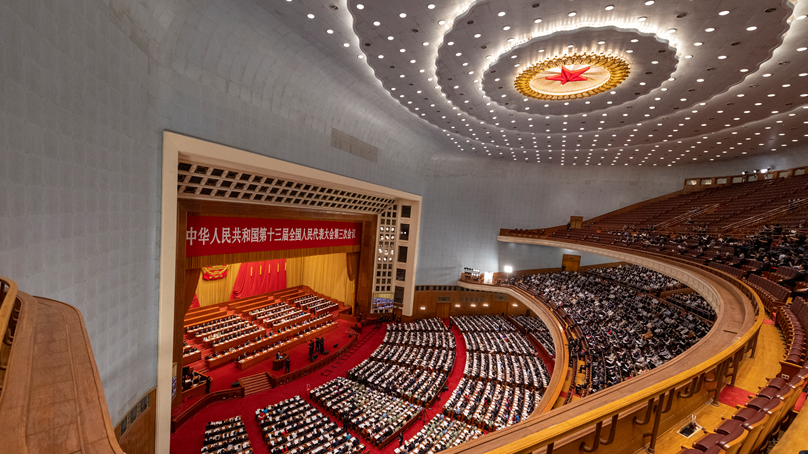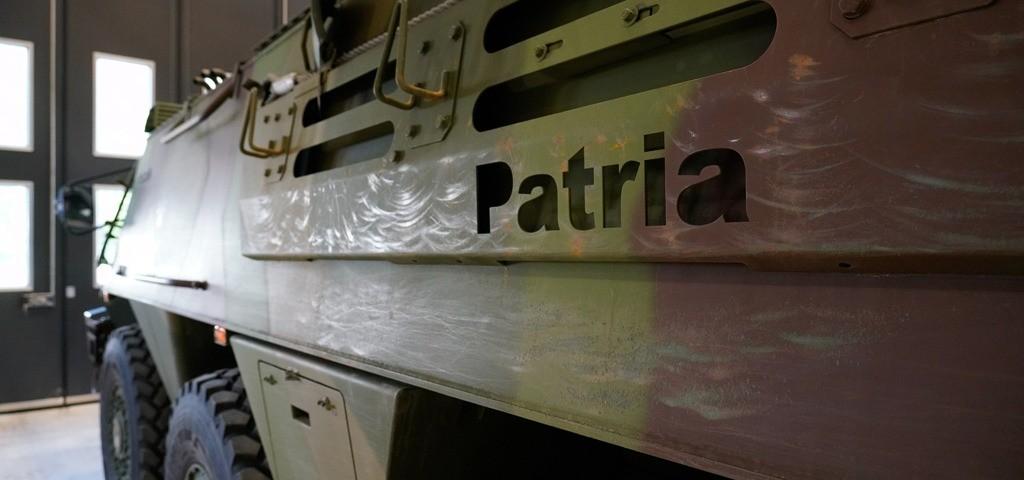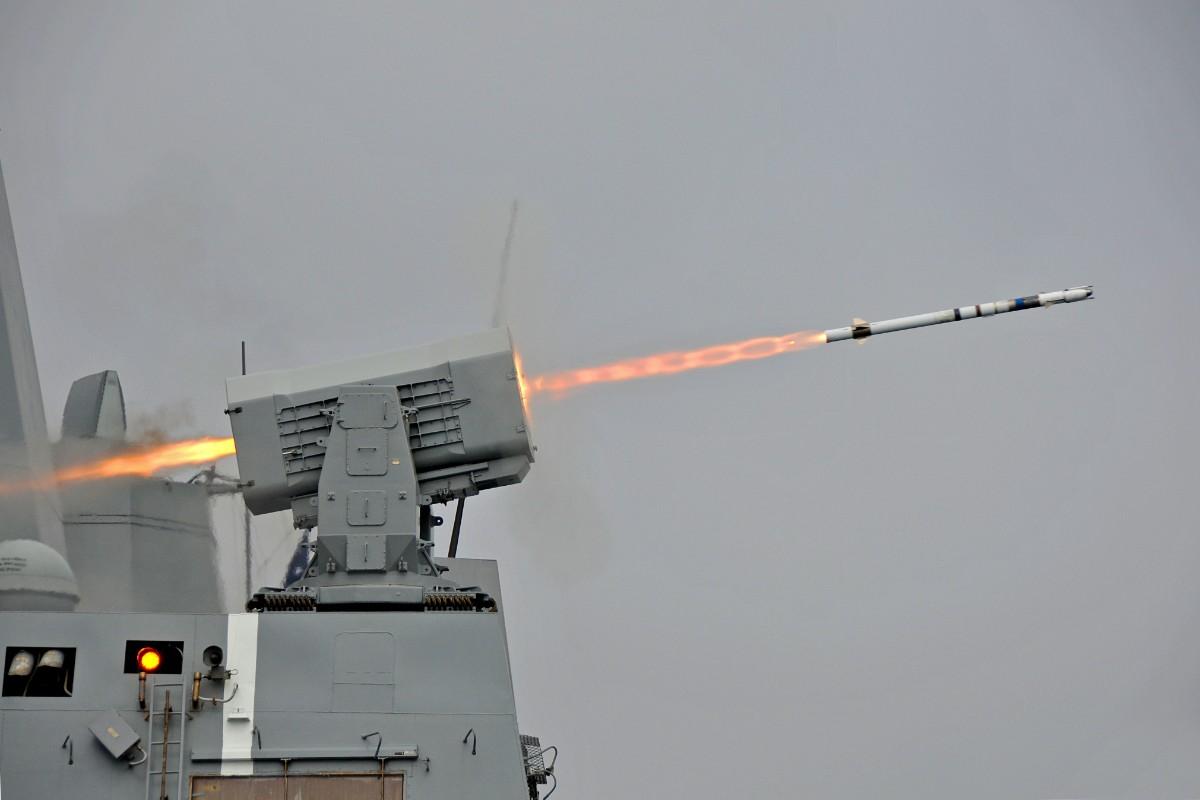This year the long-awaited 20th party congress of the Chinese communist party started on 16th October in Beijing, in which major decisions related to Chinese politics, economy, foreign policy, and security are to be taken.
The date for this year’s congress session was chosen very carefully. October 16th in Chinese history is significant for two major reasons: On October 16th in 1934, the Chinese Communist party started its historical long march against the Nationalist KMT party, and on the same October 16th in 1964 China successfully conducted its first nuclear test. Keeping in view, the historical significance of this day, this year’s party congress too will be important.
The CCP is preparing to face upcoming, domestic, international, and global challenges. To dig deep and understand more about this important session, we will be looking for answers to some fundamental questions of seismic importance.
Read More: China’s GJ-11 stealth drone on display in Beijing
In the following lines, we will be looking at, how and why Xi Jinping thinks the way he thinks and what can we extract from his recent long two hours speech to congress. What issues is China facing on a national level? How China is going to react to its neighbors and regional environment? On the international front, what are some major problems faced by China, and its attitude towards the Ukraine crisis? Is China ready to cooperate with other major powers at the global level?
Individual level of Analysis
The most credible, essential, and key element to understanding today’s China is to know, what president Xi Jinping thinks. Our central focus of understanding the Chinese president will be, on analyzing the main themes from the speech, he delivered to the 20th national people’s congress. The fundamental difference between the 19th and 20th congress reports is the addition of two new points- rule of law and national security. These two are aimed at further strengthening the enormous power Xi has.
The earlier main theme of socialism with Chinese characteristics, formerly dubbed as Xi Jinping thought has been replaced by a new concept – “A new frontier in adapting Marxism to the Chinese context and needs of the times”. Another major reference has been made to Xi Jinping by referring to him as, a ‘’Marxist politician, thinker, and a strategist.’’ These words are significant, by referring to Xi as a Marxist politician, they have successfully bypassed earlier importance of Mao Zedong’s thought, Deng Xiaoping’s theory and theory of three, which are ironically no more a part of his speech.
CCP is trying to set up a direct connection between Xi and Marx, adding more credibility to his actions, a hint of fundamental importance. The rule of retirement at 68 has been changed in 2018, but the party still has a tradition of seven up – eight down, requiring party officials, above 68 years to be retired, but Xi Jinping is in no mode to follow this either. These acts, concepts and title is going to make President Xi Jinping the key driver, deciding the Chinese future, an act capable of affecting the entire global political and economic order.
Read More: China’s YU-20 tanker aircraft practice refuelling drills
So, the way Xi Jinping thinks and perceives problems clarifies a few things: For Xi party, it is important that he considers the maintenance of party discipline and conduct, eradicating corruption his priority and at the heart of all he considers himself mentally and physically, the only man fit to drive China to its next path of prosperous future. He perceives external threats in a sense as how they could undermine party rule at home.
Country Level Analysis
On the country level, the Chinese communist party is going to face various issues of futuristic importance. Among those, ethnic issues related to the Uyghurs minority of Xinjiang, CCP credibility at home, economic slowdown due to COVID and zero COVID policies, keeping strict party conduct and discipline, Chinese dream of rejuvenation, and military modernization are some challenges of fundamental importance.
In his speech at the 20th party congress, Xi said: “From this day forward, the central task of CCP will be to lead Chinese people of all ethnic groups in a concerted effort to realize the second centenary goal of building China into a great modern socialist country in all respects and to advance the rejuvenation of the Chinese nation on all fronts through Chinese path of modernization”.
The backlash China received, over its policies of treatment related to Uighurs from the international community, particularly the U.S.A, various human rights organizations, and the human rights council of the United Nations, which recently released its findings consisting of forty-six pages, comparing Chinese treatment of Uighurs equal to crimes against humanity. The detention of Uighurs, what China calls rehabilitation centers, was of critical concern for China’s reputation as a major responsible power on the international stage.
Read More: Can China Rise Peacefully Without Reforming Its Political Model?
In a pre-congress conference, the economic team provided various indicators showing the slowing of the Chinese economy. It showed, the growth rate of the Chinese economy to be at 6.6% annually, a decrease from earlier eras, but the major reasons for slow growth are, moving from high pace economy to a high-quality development model and interruption in supply chains due to COVID.
At home, CCP’s credibility relies on economic delivery, showing why China is serious about its griming economic indicators. Apart from this, one main theme, Xi Jinping, reiterated repeatedly is the incomplete mission of the Chinese dream of rejuvenation, which still is incomplete, until the unification of Taiwan. To achieve the dream of reunification, Xi places great emphasis on having a world-class military, which can perform, secure its interests abroad and win wars.
International level Analysis
China is facing an extreme environment on the international stage. Its rivalry with the United States is entering into a new decisive phase, and its old friend Russia has re-joined her, due to the brunt from Europe and U.S.A on the economic front, the environment in Indo-pacific is worsening day by day, the US vision of containing China through various alliances, like, QUAD and AUKUS.
Apart from this, from a foreign policy perspective growing US tilt towards Taiwan are key issue upsetting China. On the Ukraine front, Beijing played its role pragmatically, keeping in mind her strengths. It encouraged Russian concerns about NATO reaching its doorsteps, simultaneously sticking to its principles of respecting sovereignty, and territorial integrity. But western sanctions compelled its long-forgotten ally to rejoin China again.
The sanctions have thrown Russia’s enormous mineral wealth into China’s lap, a by-product of Russia’s own actions. In the meantime, the Indo-pacific theatre is entering into a great power competition phase, where the US is trying to encircle China through its alliances of QUAD and AUKUS.
Read More: The On-going Taiwan Enigma and possibility of a China-US War
Apart from all these, serious and fundamental questions are related to Hong Kong and Taiwan. In his long speech, he defended his party’s aggressive approach regarding what it did in Hong Kong, by saying: “A major transition from chaos to governance has been achieved”. He further said; “Thanks to these moves, the order has been restored in Hong Kong, marking a turn for the better in the region”.
On Taiwan’s question, he kept his long-term vision of “peaceful reunification”, but has not ruled out the use of force if necessary. In relation to Taiwan and its growing tilt towards the US, Xi criticized US interference without mentioning the United States, by saying, “Resolving the Taiwan question is a matter for the Chinese, it is a matter that must be resolved by the Chinese”. The report presented by President to the congress further said, that “Reunification” is still the core idea for reaching Xi’s dream of “Great rejuvenation of the Chinese nation”, which Xi aimed to achieve by 2049.
Global Level Analysis
The two possible areas of cooperation between great powers like China and the US are Climate change and Pandemics or Biodefense. These are some of the only areas where cooperation seems possible, but in his speech to congress, the Chinese president gave some ambiguous remarks about climate change, by saying: “He will support low carbon industries, and will pursue an energy revolution, by using clean and efficient use of coal”. But Chinese provincial governments are doing the exact opposite, they have approved plans to add more than 8.63 Gigawatts of coal-based power plants.
But he made it clear to start cutting the usage of coal from 2026 and will achieve carbon neutrality till 2060. Apart from this, there exists a high room to cooperate on the issue of pandemics and bio securities. Both issues are of serious global concern, a future that is hanging by a thin thread, having one end in China, and the other in the US hand. The future to a large extent depends upon, what both major powers are going to do with climate change and biosecurity.
So, this year party congress is going to decide, the fate of more than 1.4B Chinese, and billions of other people, and states, linked to the world’s second-largest economy in one way or another, which makes this session, an event of far-reaching consequences.
Author: Obaid Ur Reham is a student of International Relations at the National Defence University, Islamabad.
- Global Defense Insighthttps://defensetalks.com/author/umair/
- Global Defense Insighthttps://defensetalks.com/author/umair/
- Global Defense Insighthttps://defensetalks.com/author/umair/
- Global Defense Insighthttps://defensetalks.com/author/umair/













